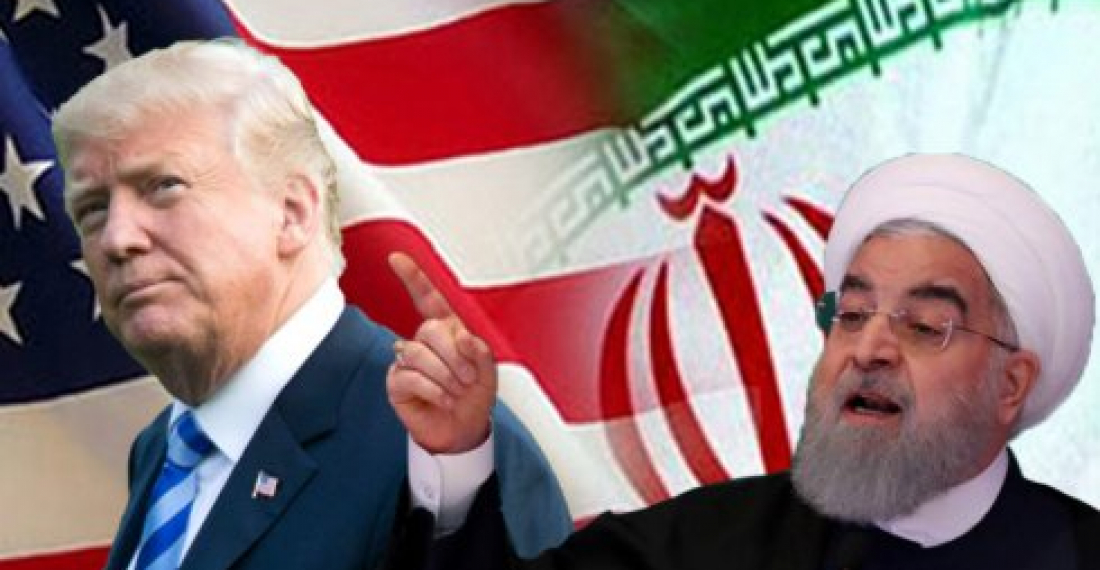European countries have declared that they remain committed to the nuclear deal with Iran (known as JCPOA) despite the US decison to withdraw from the deal, announced by President Donald Trump on Tuesday.
The UK, France and Germany urged the US not to obstruct its implementation.
They said they would work with the other signatories to the 2015 deal - Russia and China - which have stressed continuing support for the deal.
“Together, we emphasize our continuing commitment to the JCPoA. This agreement remains important for our shared security.”
“We urge the U.S. to ensure that the structures of the JCPoA can remain intact, and to avoid taking action which obstructs its full implementation by all other parties to the deal"
said the statement issued on behalf of British Prime Minister Theresa May, France's President Emmanuel Macron and Germany's Chancellor Angela Merkel.
The JCPOA saw Iran agree to limit the size of its stockpile of enriched uranium - which is used to make reactor fuel, but also nuclear weapons - for 15 years and the number of centrifuges installed to enrich uranium for 10 years.
Iran also agreed to modify a heavy water facility so it could not produce plutonium suitable for a bomb.
The deal was agreed between Iran and the five permanent members of the UN Security Council - the US, UK, France, China and Russia - plus Germany.
Iran insists its nuclear programme is entirely peaceful, and its compliance with the deal has been verified by the International Atomic Energy Agency (IAEA).
Iran's President Hassan Rouhani said Tehran aimed to continue to comply with the deal's terms, and would swiftly reach out to the its other signatories - Britain, France, Germany, Russia and China - to keep it in place.
source: commonspace.eu with BBC and agencies






